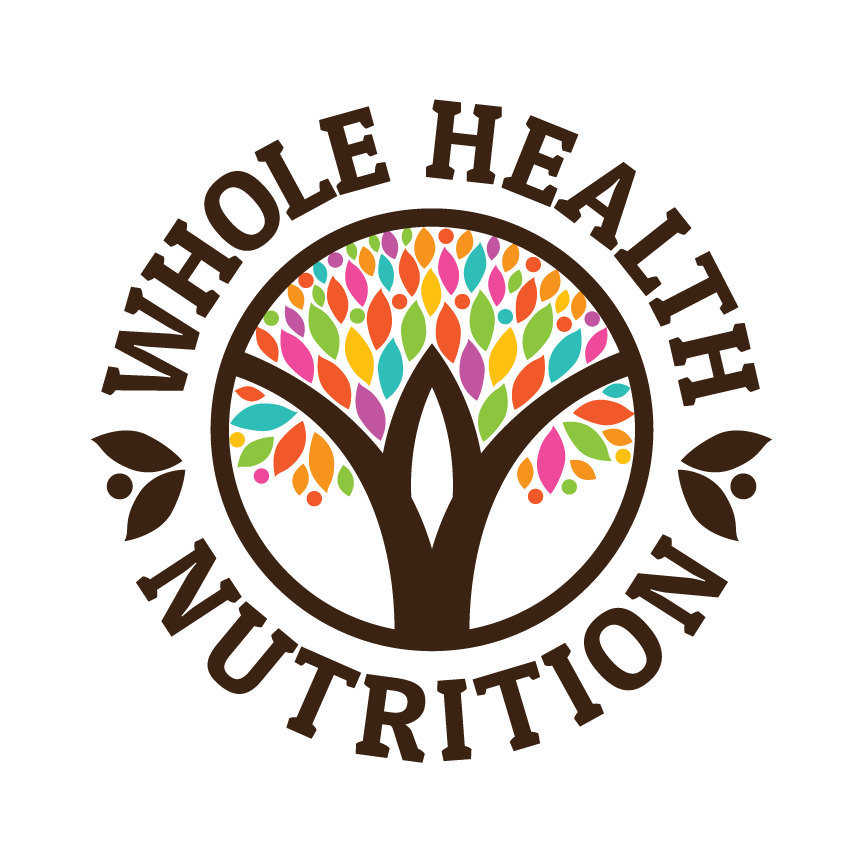Nutrition to Fuel Your Workout
Whether you're a high school or college athlete, a professional, or you exercise to feel better and stay healthy, there's a science to what you should eat before and after to maximize your workout and recovery from the wear and tear it puts on your body. Here are some rules of thumb to keep in mind.
Watch Steph discuss her favorite workout fueling tips on Local 44’s Morning Brew Show!
What to consume BEFORE a workout:
Choose pre-workout meals or snacks that are easy to digest and won't irritate your stomach or cause bloating. You don't want undigested food in your stomach before or during your workout. The best pre-workout meals/snacks are relatively low in protein, fat and fiber as these nutrients take longer to digest compared to carbohydrates.
30-60 minutes prior to your workout, focus mostly on fueling up with carbohydrates and a small amount of protein if you are about to have an intense workout. A piece of fruit or a piece of whole grain toast with 1 Tbsp of nut butter, or 1 cup of whole-grain cereal with oat milk would be adequate pre-workout snacks.
Other pre-workout snacks:
Serving of crackers
Granola bar
Waffle
What to consume DURING a workout:
Focus mostly on hydration here. If you're sweating heavily or exercising for more than 60 minutes, reach for an electrolyte rich drink or electrolyte tablets like Nuun or GU tabs. If you're working out for less than 60 minutes, you may only need good old H2O especially if you have already fueled prior to your workout. If you are exercising intensely for more than 1 hour or you are an endurance athlete, meeting with a Registered Dietitian would be the most helpful choice to come up with amounts and sources of carbs to fuel during exercise.
What to consume AFTER a workout:
After a strenuous workout, you should try to eat a "recovery" meal within 60 minutes. Balance is key here. A "recovery" meal should include a lean protein to help repair muscle, a whole grain, fruit or starchy vegetable to replete glycogen, a healthy fat source for healing and circulation, and of course more fluid to re-hydrate. If you're eating dinner within 60 minutes of working out, make sure to include a non-starchy vegetable too, to provide the body with fiber, antioxidants, and other vitamins/minerals. Adding non-starchy vegetables to most meals also will provide extra hydration. If you are eating a meal several hours after exercise, be sure to have a hearty, post-workout snack that includes a carbohydrate and protein source in a 3:1 carb to protein ratio.
Post-workout snack ideas:
1/2 cup Greek Yogurt + fruit and granola
1-2 oz cheese + crackers and grapes
Smoothie with fruit and protein powder
Rx Bar with piece of fruit
1/2 bagel with 2 Tbsp peanut butter
12 oz chocolate milk
Are you getting enough protein?
When you exercise, aim for a total of 1.2-1.6g/kg of body weight (depending on level of activity)
1 oz meat: 7-10g protein (3-4oz of meat - 1 serving- about the size of your palm=21-28g)
Greek yogurt: 20g/cup
Cottage cheese: 26g/cup
Milk: 8g/cup
Eggs: 6-7g/egg
Legumes (beans, lentils, peas, peanuts): 9g/ ½ cup
Quinoa: 8g/cup, cooked
Nuts/Nut butter: 8g protein/2 Tbsp (also varies)
Chia Seeds: 4g/Tbsp
Flax seed meal: 3g/Tbsp
Protein powder: 15-25g/1 scoop (varies)
Are you getting enough iron?
Aim for 8mg for males, 18mg for females
Iron is an essential mineral found in every cell of the body. The major function of iron in the body is the formation of compounds essential to the transportation and utilization of oxygen. The vast majority is used to form hemoglobin, a protein-iron compound in the red blood cells that transports oxygen from the lungs to the body tissues, notably muscle tissue. Iron Deficiency Anemia from low levels of iron is one of the most common nutrient deficiencies in the world. The body cannot produce iron on its own, so you must consume adequate amounts from the foods you eat. This is especially important if you lead an active lifestyle.
The body absorbs two to three times more iron from animal sources (heme iron) than from plants. Some of the best animal sources of iron are:
Lean beef
Oysters
Chicken
Turkey
Although you absorb less of the iron in plants (non-heme iron), every bite counts, and adding a source of vitamin C to vegetarian sources of iron will enhance absorption. Some of the best plant sources of iron are:
Beans and lentils
Eggs (1.5mg/egg)
Tofu
Baked potatoes
Cashews
Dark green leafy vegetables such as spinach
Fortified breakfast cereals
Whole-grain and enriched breads
Of course, these are all general nutrition recommendations to help the average adult fuel their workouts. Nutrition around exercise is different for each person. It is based on multiple factors including timing, type and intensity of exercise, body weight, muscle mass, personal goals, medical history, hydration, and overall daily nutrition. Your best bet is to meet with a Registered Dietitian to come up with your own individualized nutrition plan for exercise. Most insurances cover for at least 3 nutrition counseling sessions. To book an appointment with me or one of our other Dietitians, call 802-999-9207 or e-mail rd@wholehealthnutritionvt.com.
Now go crush it out there with your adequately-fueled workouts.
Stephanie Chrapowitzky, RD

